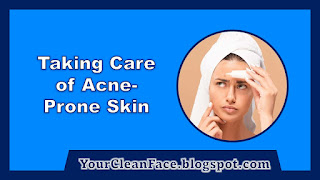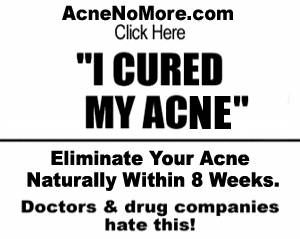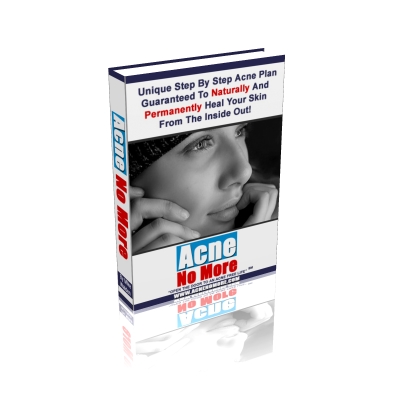Understanding Acne
Acne is a common skin condition that not only affects teenagers but also adults, particularly women during pregnancy. It is characterized by the presence of pimples and breakouts, most commonly appearing on the face and back. Acne occurs due to the overactivity of sebaceous glands, which produce oil. When this oil combines with dead skin cells, hormones, and bacteria, it clogs the pores, leading to inflammation and swelling. If left untreated, acne can even result in scarring. In this article, we will explore effective ways to manage and treat acne-prone skin.
Acne is not limited to a specific age group; it can affect individuals of all ages. The causes of acne can vary, including hormonal imbalances, overactive sebaceous glands, stress, fatigue, and the use of certain cosmetics. Although the exact relationship between humidity and acne is yet to be proven, environmental factors can also contribute to its development.
Visit: Understanding iPledge for Accutane Treatment
Do's and Don'ts for Acne-Prone Skin
To effectively manage acne-prone skin, it is crucial to follow certain guidelines and avoid common mistakes. Here are some essential do's and don'ts to consider:
Do Seek Professional Treatment
Consulting a dermatologist is highly recommended for effective acne treatment. The earlier the treatment is initiated, the better the chances of controlling acne. A skilled doctor can prescribe appropriate medications to address overactive sebaceous glands, hormonal imbalances, and stress-related factors.
Don't Squeeze or Break Pimples
Resist the urge to squeeze or break pimples and acne. Doing so can cause the infection to spread and may result in swelling and permanent scarring. Instead, adopt a hands-off approach and allow the skin to heal naturally.
Opt for Non-Oily Cosmetics
Avoid using oily cosmetics on acne-prone skin, as they can exacerbate the oiliness and clog the pores further. Instead, opt for water-based cosmetics that are less likely to aggravate the condition. Additionally, make sure to remove makeup before bedtime to prevent skin irritation.
Be Gentle with Cleansing
When cleansing acne-prone skin, opt for a gentle approach. Avoid vigorous scrubbing, as it can worsen the condition and lead to further pore blockage. Pat the skin dry after washing to avoid unnecessary irritation.
Maintain Scalp Hygiene
Regularly shampooing the hair is essential, especially for individuals prone to forehead acne. Avoid using hair products like gels and pomades, as they tend to be oily and can transfer to the skin, contributing to breakouts.
Choose Non-Comedogenic Products
Use cosmetics labeled as non-comedogenic, which means they are less likely to clog the pores. Acne can make the skin hypersensitive, so it is advisable to use sunscreens to protect against sunburns. Avoid excessive tanning, as it does not improve acne and may worsen the skin condition.
Over-the-Counter Solutions
For mild acne, over-the-counter products containing salicylic acid or benzoyl peroxide can be effective. These ingredients help reduce inflammation and unclog pores, promoting clearer skin.
Conclusion
Acne is a common skin condition that can affect individuals of all ages. Proper care and treatment are crucial for managing acne-prone skin effectively. By following the do's and don'ts mentioned above, seeking professional advice, and using suitable skincare products, individuals can take control of their acne and achieve clearer, healthier skin.
Remember, managing acne requires patience and consistency, so it's important to develop a skincare routine that works for your unique needs.
Stop getting frustrated with acne! Discover the truth about effective acne management, including natural and lasting solutions. Visit [AcneNoMore.com] to learn more and achieve the clear skin you deserve.



















0 Comments